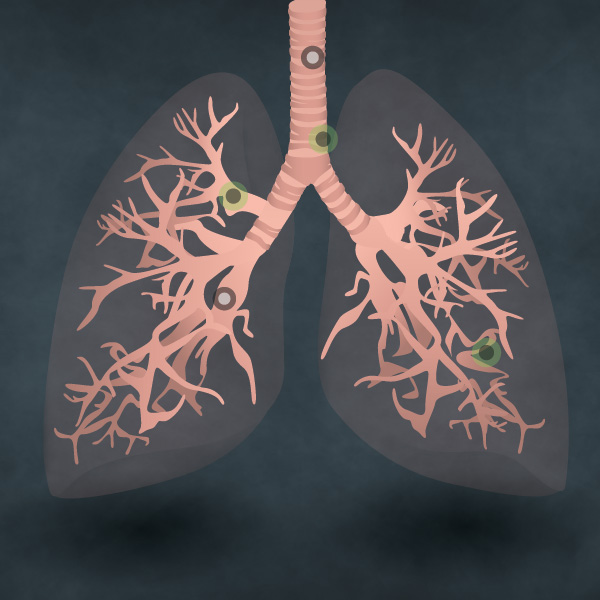Quote Helpline 01202 544255
World No Tobacco Day is this year focusing on tobacco and lung health. It’s no surprise, as lung cancer kills more people than any other form of cancer; with 84% of those deaths caused by smoking.
The World Health Organization therefore this year are aiming to increase awareness on the negative impact tobacco has on lung health, from cancer to chronic respiratory disease. Our Smoking Lung interactive tool lets you see this impact in action; give it a go for yourself.
The majority of us are aware of the effects of smoking or at least know that it’s something that is damaging to our health. But did you know that around 78,000 people in the UK are killed by smoking every year, accounting for one fifth of all UK deaths.
Tobacco contains over 4,000 chemicals and causes more than 6 million deaths across the world per year. It causes regular smokers to lose at least 10 years off their life and newly identified risks include:
Second-hand smoking also poses high health risks, with there being an increased chance of cancer, asthma and heart disease.
It’s the tar inside cigarettes that poisons your blood and causes circulation issues. It can:
Smoking can increase your chance of heart attacks and coronary heart disease. In fact the NHS say: “smoking doubles your risk of having a heart attack, and if you smoke you have twice the risk of dying from coronary heart disease than lifetime non-smokers.”
However, they advise that after one year of quitting smoking that risk is reduced by half. If you can then quit for 15 years plus your risk is similar to that of someone who has never smoked before.
You might have heard of a ‘smoker’s cough’ but did you know that this can actually be an early sign of chronic obstructive pulmonary disease (COPD) - the name for a collection of lung diseases including chronic bronchitis and emphysema.
Smoking can also cause a whole host of other problems: coughs, colds, asthma, chest infections and breathlessness when active.
Lung cancer is the third most common type of cancer in the UK, with most lung cancers caused by smoking. It is also sometimes diagnosed by chance when someone is having tests for other conditions.
Symptoms of lung cancer may include:
There are two main types of primary lung cancer:
Around 87% of lung cancers in the UK are non-small cell cancer and there are three main types:
This type of lung cancer is less common with around 12% diagnosed as such; usually caused by smoking this type can spread early on.
Use our interactive tool to see how our lungs process air and how smoke affects them:

Infographic by Health On Line
With countless aids to help you quit smoking, from patches to self-help books, it’s difficult to know what will work and what won’t; as everyone is different.
However, there are some tips from the NHS which might help:
Mark on a calendar or as a reminder on your phone the date you want to have quit by. Promise yourself that you’ll stick to it and work out any times where you’re going to be tested. For any social gatherings or nights out where there’s a lot of temptation, plan in advance how to avoid heading to that smoking area.
Is there a certain time of the day where you’d usually smoke? Or do you smoke when you’re stressed or when you’re having a coffee? Know your triggers and find alternatives, or something to fill that time you would’ve normally smoked.
Make a list of reasons as to why you want to quit. Having this written down in your wallet, or pinned to the fridge can help remind you why.
It could be for health reasons or for the sake of your family, so having a photo of your children, for example, in your wallet could help you stay on track every time you feel the urge to light up.
Find more tips on the NHS’ website if you’re struggling to quit.